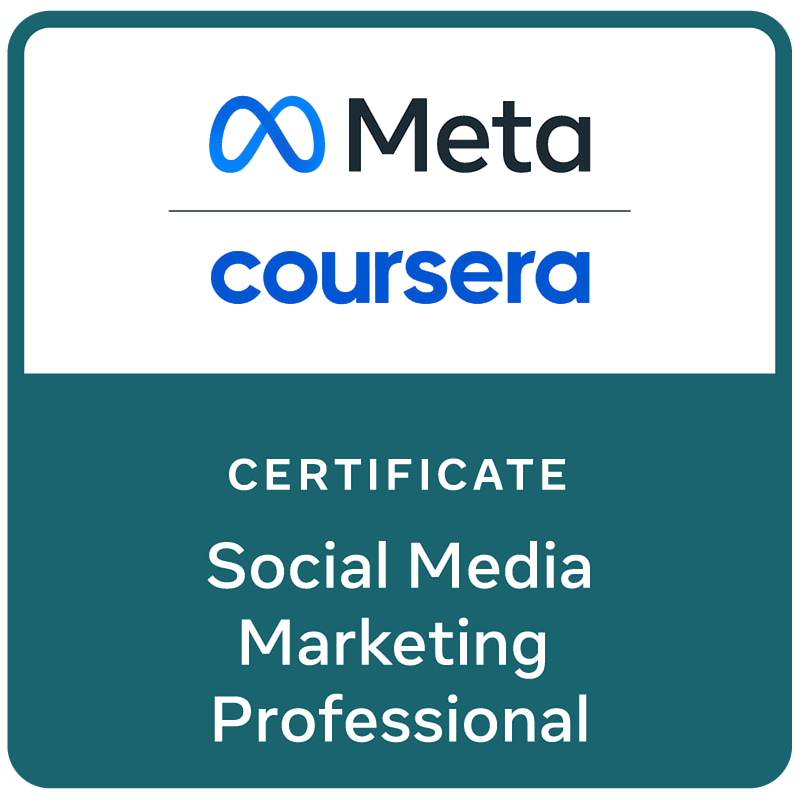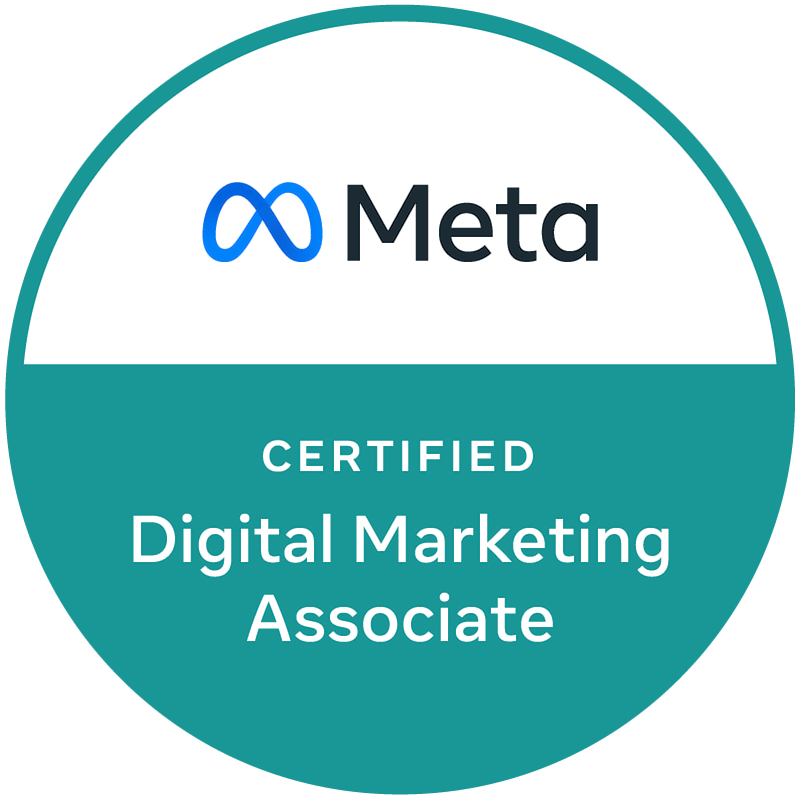If you’ve ever wondered how websites appear at the top of Google search results, you’re thinking about Search Engine Optimization (SEO). SEO is the process of optimizing a website to improve its visibility on search engines like Google, Bing, and Yahoo. The higher your site ranks, the more traffic (and potential customers) you can attract.
In today’s digital world, SEO is essential for businesses, bloggers, and anyone looking to grow their online presence. Whether you’re selling products, offering services, or just sharing valuable information, SEO helps your content reach the right audience.
Why is SEO Important?
- Increases Organic Traffic – SEO helps your website attract visitors without paying for ads.
- Builds Credibility & Trust – High-ranking websites are seen as more authoritative.
- Enhances User Experience – SEO involves optimizing your site’s structure, making it more user-friendly.
- Long-Term Growth – Unlike paid ads, SEO efforts can provide lasting results.
How Does SEO Work?
Search engines use algorithms to rank web pages based on relevance, authority, and user experience. Here are the key factors that influence SEO:
1. Keyword Research
SEO starts with finding the right keywords—the words and phrases people type into search engines. Tools like Google Keyword Planner and Ahrefs help identify popular search terms relevant to your business.
- Short-tail keywords: Broad searches (e.g., “SEO”)
- Long-tail keywords: More specific searches (e.g., “how to improve SEO for a small business”)
2. On-Page SEO
This involves optimizing individual pages on your website to improve rankings.
- Title Tags & Meta Descriptions – These should include your main keyword and be engaging.
- Headers (H1, H2, H3, etc.) – Organize content for readability and keyword relevance.
- Content Optimization – Use keywords naturally in articles, blog posts, and product pages.
- Image Optimization – Use descriptive file names and alt text.
3. Technical SEO
This focuses on your website’s backend to ensure search engines can crawl and index your site properly.
- Fast Page Speed – Google favors fast-loading websites.
- Mobile-Friendliness – Your site must be optimized for mobile devices.
- Secure Website (HTTPS) – Security is a ranking factor.
- XML Sitemap & Robots.txt – Help search engines understand your site structure.
4. Off-Page SEO
SEO isn’t just about what happens on your site, it also depends on external factors.
- Backlinks – Links from other reputable websites boost your authority.
- Social Media & Brand Mentions – Strong social presence can indirectly improve rankings.
- Guest Blogging – Writing articles for other sites can earn you quality backlinks.
5. Local SEO (For businesses with a physical location)
- Optimize your Google My Business profile.
- Get listed in local directories.
- Use location-based keywords (e.g., “SEO services in New York”).
SEO vs. Paid Advertising
Unlike Pay-Per-Click (PPC) advertising, which requires ongoing ad spend, SEO is a long-term investment. While PPC can get you immediate traffic, SEO builds sustainable growth. The best strategy often combines both.
SEO is a powerful tool for increasing your online visibility and driving organic traffic. It requires consistent effort, but the rewards are well worth it. By focusing on keyword research, on-page optimization, technical improvements, and off-page strategies, you can improve your search rankings and grow your business.
Want to improve your SEO but don’t know where to start? Drop a comment below! 🚀










